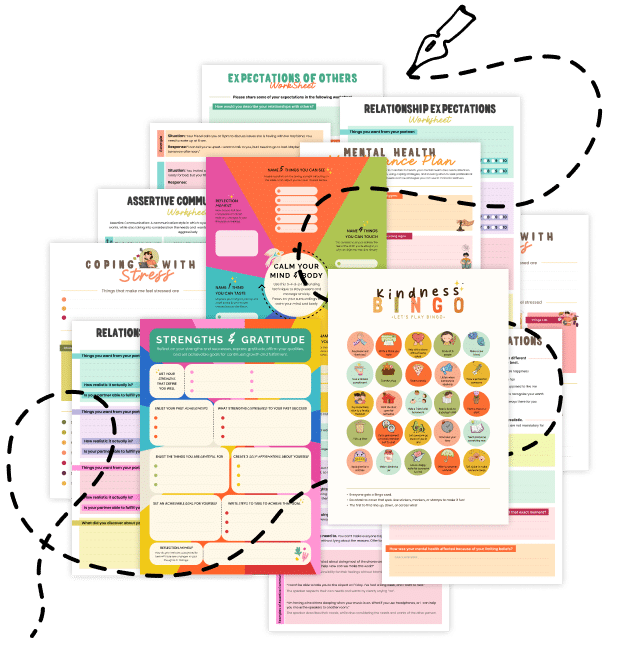20 Things About Memory Interference in Expertise
Enhance your understanding of how memory dynamics can impact high-level performance with these 20 insights on Memory Interference in Expertise—what it is, why it matters, and how it affects the way experts learn and recall information. Discover the challenges and strategies for managing interference to maintain peak expertise.
1. What Is Memory Interference in Expertise?
Memory interference occurs when previously learned information conflicts with or obscures the recall of new, related knowledge—an issue that even experts can face.
2. The Two Types of Interference
There are two key forms: proactive interference, where older knowledge disrupts the acquisition of new information, and retroactive interference, where new learning affects the recall of earlier expertise.
3. Interference in Complex Domains
Experts with extensive experience may struggle to update their knowledge because deeply ingrained information can hinder the integration of fresh insights.
4. Impact on Skill Acquisition
When learning new techniques or methodologies, experts might find that established habits interfere, slowing down the transition to improved practices.
5. Blurring of Similar Memories
In fields where procedures or theories are similar, memory interference can cause confusion between old and new information, affecting decision-making.
6. Expertise and Cognitive Rigidity
While expertise brings efficiency, it can also lead to cognitive rigidity, where familiar patterns override new learning opportunities.
7. The Role of Domain-Specific Knowledge
Experts are often so specialized that their rich repository of related knowledge sometimes makes it challenging to isolate and absorb nuanced differences.
8. Effects on Performance
Interference may result in slower response times, increased errors, or hesitations as the brain works to resolve conflicting memories during high-stakes tasks.
9. Cognitive Load and Interference
High cognitive load from complex tasks can exacerbate memory interference, making it harder for experts to switch between old and new information effectively.
10. The Importance of Context
Contextual cues play a key role in memory recall. When similar contexts overlap, experts may experience increased interference between related tasks.
11. Strategies for Reducing Proactive Interference
Breaking up learning sessions, using varied examples, and creating distinct contexts can help experts minimize the influence of outdated information.
12. Techniques to Combat Retroactive Interference
Spacing out practice sessions and revisiting foundational knowledge periodically can help prevent new information from overwriting critical expertise.
13. The Benefit of Metacognitive Awareness
Experts who actively monitor their own thought processes can recognize when interference is occurring and adjust their learning strategies accordingly.
14. Role of Deliberate Practice
Focused, goal-oriented practice can reinforce the correct information and help segregate similar memories, reducing interference over time.
15. Embracing Interleaving
Switching between different but related skills during practice (interleaving) can aid in distinguishing similar information and boost long-term retention.
16. Overlearning for Stability
Continued practice beyond initial mastery—overlearning—can solidify knowledge, making it more resilient against interference from new information.
17. Practical Implications in Professional Training
Awareness of memory interference can inform the design of training programs for professionals, ensuring that updates to protocols are clearly differentiated from established practices.
18. The Role of Reflection
Reflective practices help experts review and consolidate new information, ensuring that it integrates smoothly with their existing knowledge base.
19. Adaptive Strategies for Lifelong Learning
Experts benefit from adaptive learning systems that continually challenge their memory, helping to minimize interference and keep their skills sharp.
20. Related Topics to Explore
- Memory Reconsolidation – Learn how reactivated memories can be updated with new information.
- Active Recall vs. Passive Review – Discover methods to enhance memory retention and accuracy.
- Interleaving Practice – Explore how mixing learning topics can improve differentiation and long-term memory.
- Cognitive Load Theory – Understand how mental workload impacts memory and learning.
- Context-Dependent Memory – See how environmental cues influence your ability to retrieve information.
Quick Tips to Manage Memory Interference in Expertise
- Differentiate Learning Contexts: Use distinct settings or cues when learning new skills to separate them from established knowledge.
- Schedule Regular Reviews: Revisit core concepts periodically to reinforce and update your knowledge without confusion.
- Practice Interleaving: Mix up your practice sessions with varied tasks to help distinguish similar memories.
- Monitor Your Cognitive Load: Break complex tasks into smaller segments to reduce overload and potential interference.
- Reflect Actively: Incorporate regular reflection and self-assessment to recognize and adjust for interference in your learning process.
Embrace these insights and tips to effectively manage memory interference, ensuring that your expertise remains sharp, adaptable, and continuously evolving!


